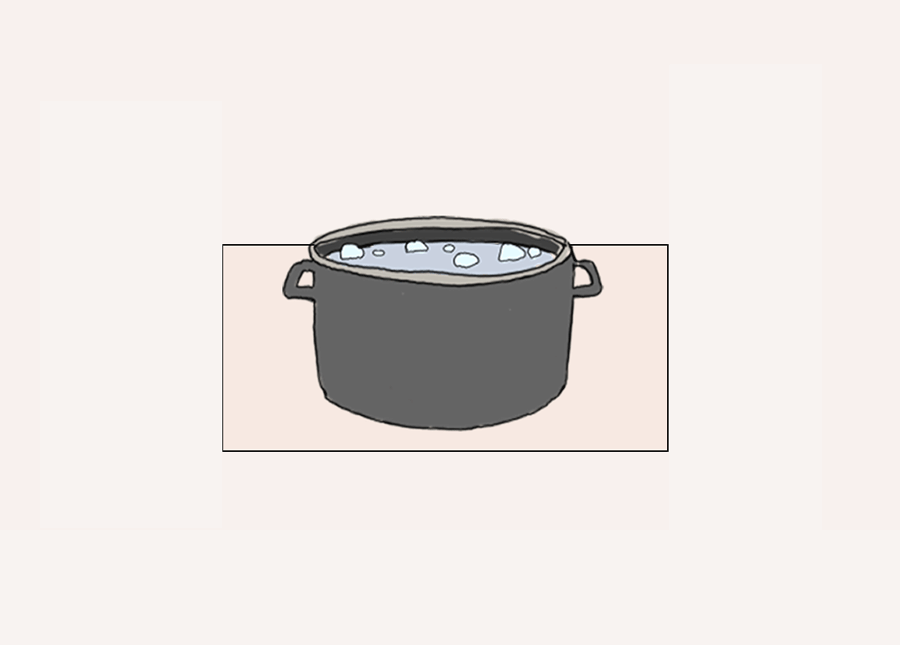How Does Hard Water Affect Your Cooking?
An earnest attempt at a data-led culinary investigation
So…I’ve recently learned about water hardness and softness.
Water hardness refers to the concentration of minerals in water, specifically calcium and magnesium. These minerals for the most part, are safe to drink. That doesn’t mean that we should get on board for hard water, though. Just the idea of drinking rocky minerals sounds gross. But I’m being immature, and I wanted to look at the science to see if I could be more open-minded.
Hard water is classified by the presence of dissolved minerals, primarily calcium and magnesium. The ppm (parts per million) value indicates the concentration of these minerals. The U.S. Geological Survey classifies water as soft if it contains less than 60 ppm and very hard if it exceeds 180 ppm.
I briefly looked into the amounts of hard water across the US, and pondered how it may reflect the different culinary scenes.
Hard vs Soft Water In Cooking
While hard water is safe to drink, from what I can tell, and from what other people say, the excess minerals can give a metallic taste, particularly in foods where water is a primary ingredient.
This includes the taste of beverages, soups, stews, you name it. Flavor aficionados often prefer soft water as it tends to bring out the natural flavors of the other ingredients. In contrast, hard water might lend a mineral undertone, which some might find less desirable.
Hard water can also influence cooking times. When boiling foods like pasta or vegetables, the excess minerals in hard water may cause them to take longer to cook. Additionally, the buildup of limescale in pots caused by the excess minerals just fuck it up over time. Nobody wants that.
So, after hearing these effects, I wanted to investigate what this could mean to the local culinary scenes. Take, for instance, Indianapolis - quintessential American city - and NYC - lauded as (one of) the best food cities in the world. What are their water hardness levels?
There's a longstanding claim that New York City's soft water is the secret behind its world-famous bagels, pizza, hot dogs, other things, and after seeing this chart, I can believe it. Aside from the reasons I mentioned above, water is a big ingredient for gluten, and higher minerals would probably lead to denser dough. You never hear about Indianapolis bagels, do you? (No shade to Indianapolis).
How To Soften Water?
To combat the effects of hard water, some households and businesses opt for water softeners, and I’m sure I would do the same.
Water softeners devices replace calcium and magnesium ions with sodium or potassium ions, effectively reducing water hardness. For culinary purposes, softening water can ensure consistent taste and cooking times across different locales.
Water hardness plays a subtle yet significant role in the culinary world.
What I’m curious of is if there is a way that the ‘metallic’ taste or slower cooking times could actually benefit cooking…am I being unfair to hard water?





